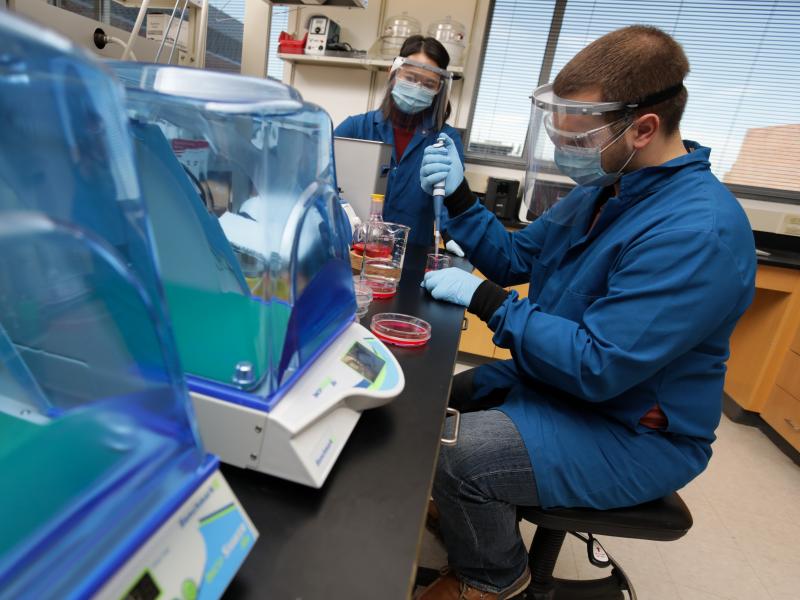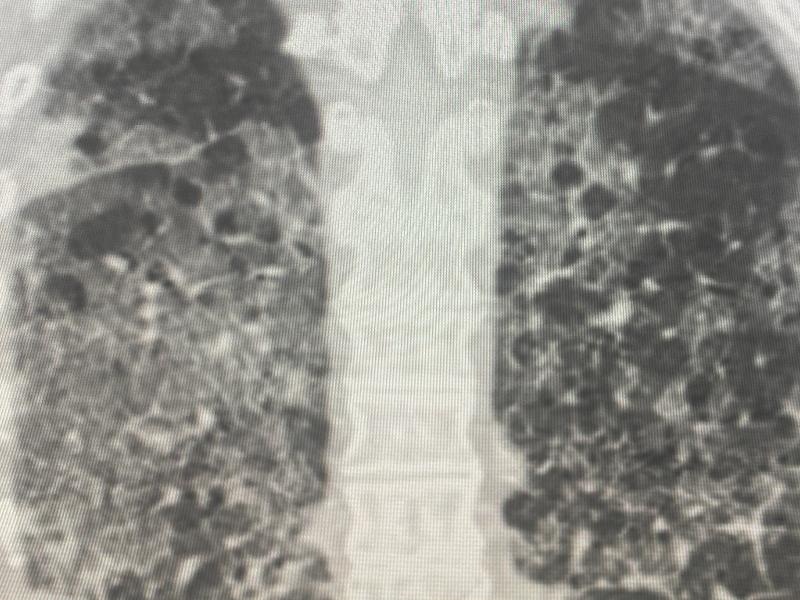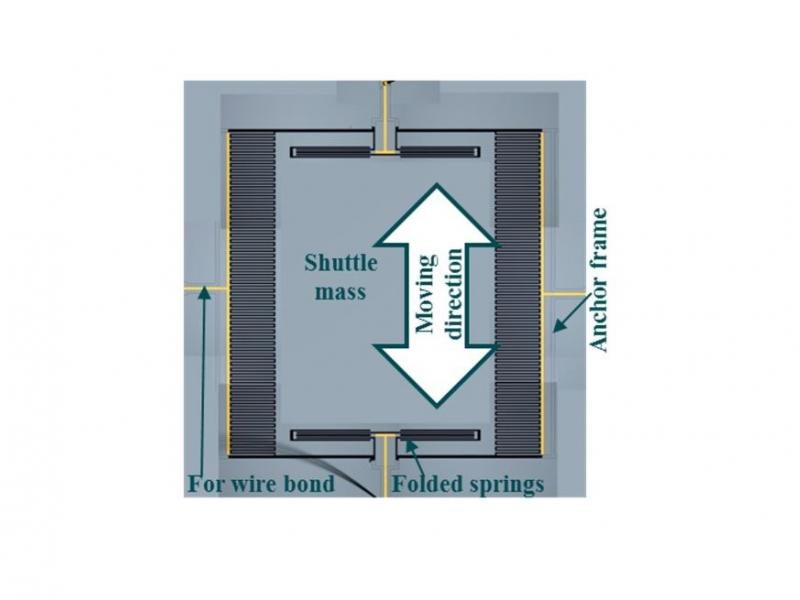MSE News and Events
Institute News
Fouling is a natural phenomenon that describes the tendency of proteins in water to adhere to nearby surfaces. It’s what causes unwanted deposits of protein to form during some food production or on biomedical implants, causing them to fail. Researchers at Rensselaer Polytechnic Institute are harnessing this process, which is typically considered a persistent challenge, to develop a versatile and accessible approach for modifying solid surfaces.
With communities across the nation experiencing a wave of COVID-19 infections, clinicians need effective tools that will enable them to aggressively and accurately treat each patient based on their specific disease presentation, health history, and medical risks.
A small energy harvesting device that can transform subtle mechanical vibrations into electrical energy could be used to power wireless sensors and actuators for use in anything from temperature and occupancy monitoring in smart environments, to biosensing within the human body.
TROY, N.Y. — The harsh conditions that equipment, satellites, and spacecraft are subject to in space pose significant challenges. Electronic systems must be protected from extreme heat and cold, while storage containers holding liquid propellants must be shielded from solar radiation.
A COVID-19 transmission model inspired by gas-phase chemistry is helping the Centers for Disease Control and Prevention (CDC) forecast COVID-19 deaths across the country.
Developed by Yunfeng Shi, an associate professor of materials science and engineering at Rensselaer Polytechnic Institute, and Jeff Ban, a professor of civil engineering at the University of Washington, the model uses fatality data collected by Johns Hopkins University and mobility data collected by Google to predict disease spread based on how much a population is moving within its community.


 Self-Built Protein Coatings Could Improve Biomedical Devices
Self-Built Protein Coatings Could Improve Biomedical Devices
 Rensselaer-Developed Algorithm Accurately Predicts COVID-19 Patient Outcomes
Rensselaer-Developed Algorithm Accurately Predicts COVID-19 Patient Outcomes
 Predictive Model Reveals Function of Promising Energy Harvester Device
Predictive Model Reveals Function of Promising Energy Harvester Device
 Developing New Coating Materials Could Protect Equipment in Space
Developing New Coating Materials Could Protect Equipment in Space
 COVID-19 Model Inspired by Gas-Phase Chemistry Predicts Disease Spread
COVID-19 Model Inspired by Gas-Phase Chemistry Predicts Disease Spread